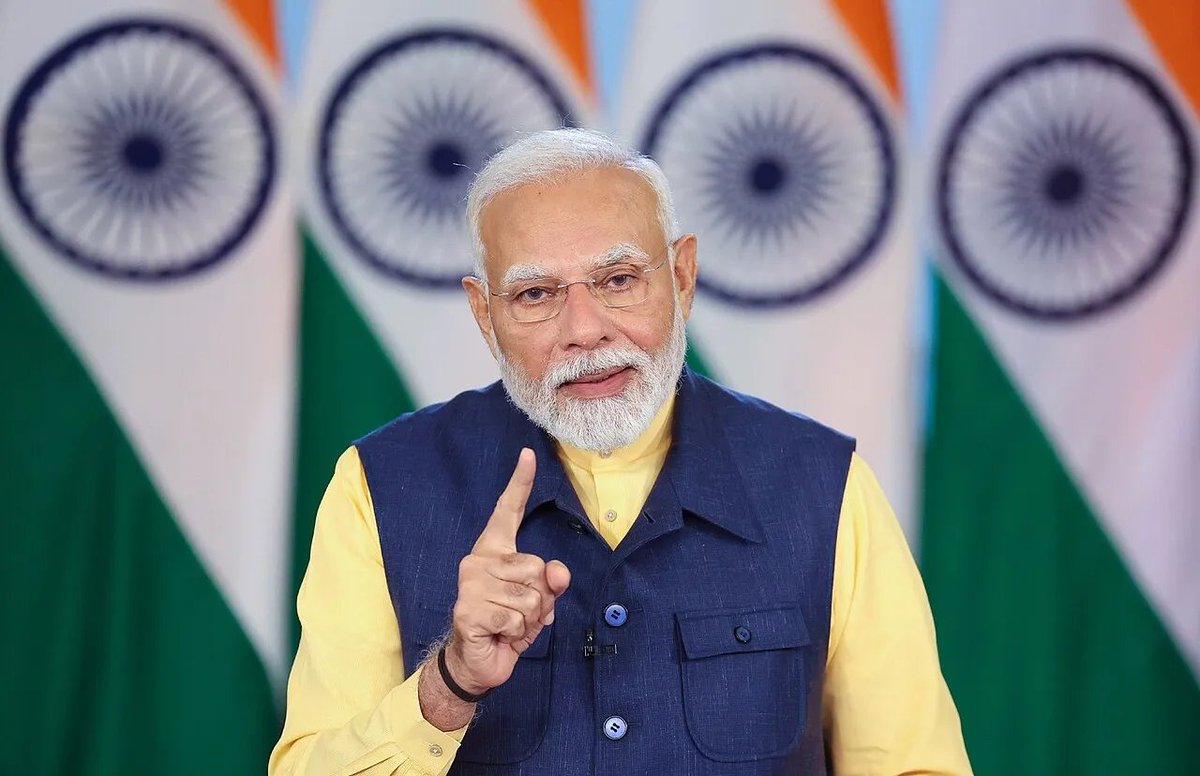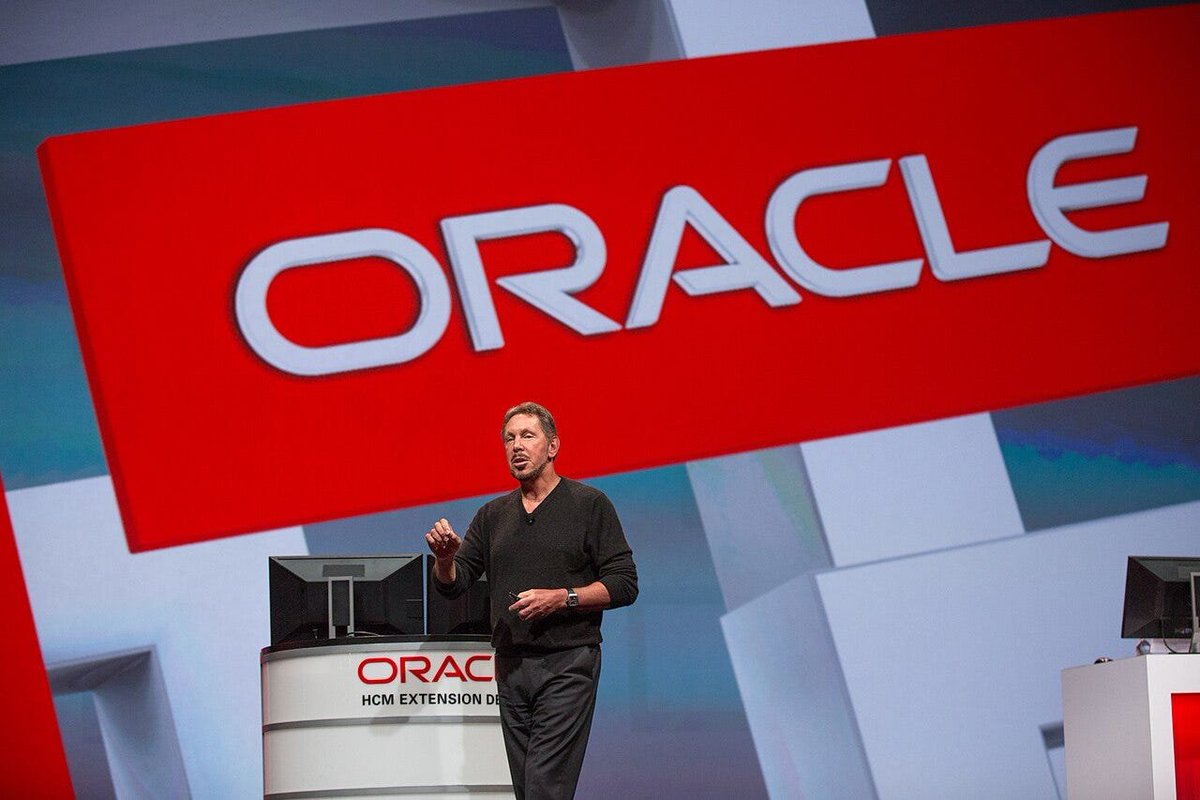Boeing is the flagship of U.S. airpower and aerospace. But in recent years, its planes have fallen out of the sky. Why?
Boeing is decaying due to succession failure in engineering and on the factory floor.
Read the new @bismarckanlys Brief here:
1/n brief.bismarckanalysis.com/p/the-decay-of…

Boeing is decaying due to succession failure in engineering and on the factory floor.
Read the new @bismarckanlys Brief here:
1/n brief.bismarckanalysis.com/p/the-decay-of…

There are only two companies in the world capable of building and exporting the largest type of civilian aircraft, the "jumbo jet": Boeing and Europe's Airbus.
Since 1992, Boeing has gone from enjoying 70% market share to falling behind Airbus in orders and manufacturing.
2/n


Since 1992, Boeing has gone from enjoying 70% market share to falling behind Airbus in orders and manufacturing.
2/n


Manufacturing aircraft is very expensive and technically challenging.
Only about a thousand large civilian aircraft are sold every year, so margins are small despite government subsidies, unlike say cars or microchips.
Any advantage or efficiency is crucial.
3/n
Only about a thousand large civilian aircraft are sold every year, so margins are small despite government subsidies, unlike say cars or microchips.
Any advantage or efficiency is crucial.
3/n

It was thus disastrous when, in 2018-19, two new Boeing airplanes crashed, killing 345 people in total.
And, since January 2024, Boeing planes have seen a series of incidents, some nearly catastrophic, including a mid-air nosedive that injured over fifty people.
4/n
And, since January 2024, Boeing planes have seen a series of incidents, some nearly catastrophic, including a mid-air nosedive that injured over fifty people.
4/n

These two series of incidents are unrelated.
But both stem from succession failure: when the power and skills to succeed in a position within an organization are not passed down from one person to their successor, especially including tacit and informal knowledge.
5/n
But both stem from succession failure: when the power and skills to succeed in a position within an organization are not passed down from one person to their successor, especially including tacit and informal knowledge.
5/n
Succession failure in the engineering offices caused the two fatal crashes, as Boeing ended up designing and then delivering planes that, essentially, were programmed to crash themselves during a particular set of circumstances.
Which they then did, twice.
6/n
Which they then did, twice.
6/n

To date, nobody has been held responsible for the series of fatal errors.
But that is because no error on its own was fatal, just the combination of them, which no engineer at Boeing recognized in time or had the authority to act on, if they did recognize it.
7/n
But that is because no error on its own was fatal, just the combination of them, which no engineer at Boeing recognized in time or had the authority to act on, if they did recognize it.
7/n
Boeing is not the same company it once was.
Its non-technical managers and executives favored new factories in South Carolina rather than its core Seattle factories, where experienced workers were unionized and more expensive.
It is headquartered in DC now, not Seattle.
8/n



Its non-technical managers and executives favored new factories in South Carolina rather than its core Seattle factories, where experienced workers were unionized and more expensive.
It is headquartered in DC now, not Seattle.
8/n



The political ascendance of consultants and “MBAs” over engineers, both at Boeing and in the U.S. generally, means that engineers are unable to overrule the decisions of consultants or MBAs and are themselves rewarded for making decisions like an MBA rather than engineer.
9/n
9/n
A brief intermission: if you have read this far, I highly recommend you become a paid subscriber to Bismarck Brief to read our full in-depth investigation of Boeing and get a new report on a key industry or individual every Wednesday.
Subscribe here: brief.bismarckanalysis.com/subscribe
Subscribe here: brief.bismarckanalysis.com/subscribe
What whistleblowers and regulatory audits describe at Boeing is a decline in industrial discipline, with basic norms and standards of competence, decorum, and work ethic falling.
10/n
10/n
From various Boeing factories over the years, there are reports of defective components being installed on purpose, debris being left in dangerous areas, workers abusing drugs during work, and so on.
Some Boeing employees said they would not fly on the planes they built.
11/n
Some Boeing employees said they would not fly on the planes they built.
11/n

This decline in discipline occurs when workers, technicians, and managers do not transfer their knowledge and skills.
It is happening both because of circumventing old factories and workforces with brand new ones, but also because Boeing's workforce is aging.
12/n
It is happening both because of circumventing old factories and workforces with brand new ones, but also because Boeing's workforce is aging.
12/n
It has been a long time since manufacturing was seen as an attractive career path to American youth.
In 2018, over a third of employees represented by Boeing's machinists' union were over the age of 55 years old.
Now, Boeing is rapidly diversifying its workforce.
13/n
In 2018, over a third of employees represented by Boeing's machinists' union were over the age of 55 years old.
Now, Boeing is rapidly diversifying its workforce.
13/n

Minority hires are now 47.5% of new hires, up sharply from 37.2% in 2020.
Only 29.9% of Boeing interns were white males in 2022.
14/n
Only 29.9% of Boeing interns were white males in 2022.
14/n

According to Boeing, they have fired 65 employees since 2020 for "behavior deemed to be racist or hateful." These are most likely older white male workers.
This rapid politically motivated change in Boeing's workforce implies that still more succession failure is happening right now.
15/n
This rapid politically motivated change in Boeing's workforce implies that still more succession failure is happening right now.
15/n

Outsourcing, subcontracting, diversity policies, MBA-led decision-making, a focus on financial profits in low-margin heavy industry—these are all ultimately just different ways to accidentally cause succession failure, which in airplane manufacturing causes deaths!
16/n
16/n
With some 40% of U.S. military aircraft, a third of ICBMs, and U.S. passenger aircraft on its back, the U.S. government has a deep vested interest in returning Boeing to functionality.
But there is no reason to think it is capable of installing a live player in charge.
17/n
But there is no reason to think it is capable of installing a live player in charge.
17/n

Which is perhaps why the U.S. military seems to be circumventing Boeing in favor of Lockheed Martin now.
Boeing's decay rather opens up the potential for a live player to start a new company that outdoes Boeing in civilian aircraft manufacturing.
18/n
Boeing's decay rather opens up the potential for a live player to start a new company that outdoes Boeing in civilian aircraft manufacturing.
18/n
To read the full analysis of Boeing, subscribe to Bismarck Brief here:
We invite you to subscribe and join us on this ongoing exploration into the global power landscape.brief.bismarckanalysis.com/subscribe
We invite you to subscribe and join us on this ongoing exploration into the global power landscape.brief.bismarckanalysis.com/subscribe
• • •
Missing some Tweet in this thread? You can try to
force a refresh

















